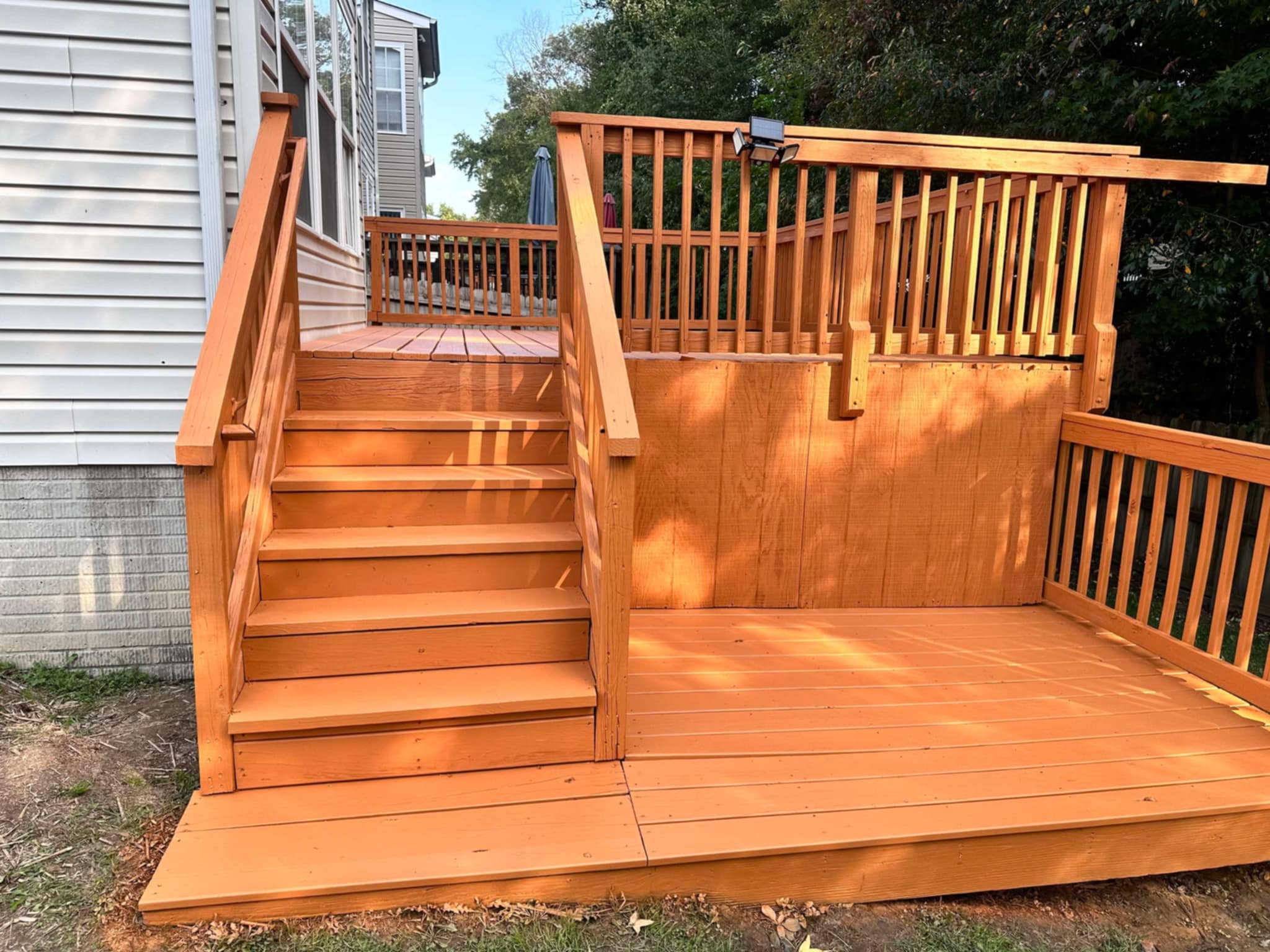
Power Washing vs. Pressure Washing: The Differences
The biggest difference between pressured washing and power washing is heat. Power washers use hot water in their jet spray whereas pressure washers work on cold water.
Water pressure is a good technique for cleaning dirt, grime and algae off outdoor surfaces using water pressure in both methods. But power washing offers two major benefits — heated water helps with more stubborn dirt.
Benefits of Power Washing
power washers are heated water tools that can do more than standard pressure washers can. Particularly they work well in areas with tough contaminants like grease, high salt, or mildew. Heat and pressure are ideal for power/water washing when dealing with cement or concrete type surfaces.
Ideal Uses for Pressure Washing
Understanding Power Washing
When we speak of power washing it is the process of cleaning outdoor surfaces with hot, prassured water. The latter are known as hot water pressure washers.
Where power washers really come into their own is for undertaking those big jobs where grease or heavily dirty surfaces need to be tackled; they use heat and pressure to break up and clean off the gunk, like your washing up with hot water to help clean.
How Does Power Washing Work?

Power washers combine intense pressure and heat to clean effectively, but this strength requires careful use:
Caution needed:
- Too aggressive for delicate surfaces
- Can damage brick, masonry, wood
- Pressure and heat may erode materials
Best applications:
- Concrete driveways
- Sturdy outdoor surfaces
- Heavy soil removal
Power washing works extremely well for cleaning, as long as the surface can be assessed correctly to avoid damage. Think of gentler alternative: for example, delicate materials.
Power Washing Advantages and Disadvantages

Benefits of Power Washing
Effective Heat Cleaning
High-Pressure Cleaning
Weed and Moss Removal:
If driveways are ignored the weeds and moss will build up on the surface. They are not easy to remove manually. But power washing is a great solution, as the water is so hot that it can kill plant growth and destroy seeds so there’s no regrowth.
Suitable for Large Areas:
For large scale cleaning work power washers are excellent. These machines can save tremendous amounts of time on cleaning if the surface areas they are operating on are extensive.
Drawbacks of Power Washing
Higher Expense:
More expensive power washers tend to require an additional heating element for the water being channeled. The good news is that the advanced technology can considerably boost the price of this pressure washer compared to regular pressure washers.
Limited Versatility:
Power washers are great for big, tough projects, but too much for small ones. Pressure washers are more flexible to be used on different surfaces.
Potential for Damage:
Ideal Uses for Power Washing
When it comes to tackling large hard to reach areas with stubborn outdoor materials, power washers are the tool to use. Particularly effective for discolored concrete drives with hard to remove dirt, grease, and weeds they are. They also work well in places where hot water can do its thing, such as deep cleaning restaurant kitchens, auto shops and more. In addition, they are also able to remove black mold, chewing gum, ink or spray paint.
What is Pressure Washing?
Cold water pressure washing means using high pressure cold water to clean dirt, grime etc. Not the best for washing moss, or mold, or oil, these machines will clean driveways and home exteriors well.
How Pressure Washing Operates
This pressure washers work by exerting the force of the pressurized water in order to dislodge dirt, dust or mud, and other materials. Though it won’t dissolve grease or grime when the water is cold, it’s right for most housework except where you work in an industrial setting.
Variety and Versatility of Pressure Washers
There are many models of pressure washers currently available in the market, which have some adjusting nozzles to control the pressure of water. In this way, the flexibility allows cleaning different surfaces and materials.
Pressure Washing Advantages and Disadvantages
Benefits of Using Pressure Washers
Great Versatility:
Pressure washers come with a lot of different PSI settings to work on different serves without any harm to it. Different nozzles come with them, which makes them adjustable, just like the water’s pressure changes to fit the work: washing a car, wood decks, siding, etc.
Suitable for Many Tasks:
Diverse Options Available:
Affordable Choice:
Easy to Use:
Downsides of Using Pressure Washers
Potential Surface Damage:
Risks of Improper Use:
Cordless Pressure Washer Limitations:
Cordless models are more convenient for transport and maneuver, as they don’t have cords or gas canisters. But they often don’t have over 1000 PSI — which, while good for softer surfaces is no good for heavy cleaning or stubborn grime.
Common Uses for Pressure Washers
Using cold water technology, pressure washers clean with great force. Deep dirt removal, surface debris removal, biological growth removal (moss, algae) and stubborn stain removal are their specialties on outdoor surfaces. Although more effective than manual cleaning on decks, walls, driveways, patios and windows, success is dependent on tight control of pressure to prevent material damage.
A pressure washer is a precision tool — it can get in deep but needs delicate adjustment to keep from bleeding paint or hurting delicate areas. Cold water still delivers tough cleaning challenges, while minimizing risk.
What you have to find is that sweet spot where water pressure is high enough to remove that unwanted material from the surface, without compromising surface integrity. Used properly, pressure washing cleans better than regular methods.








